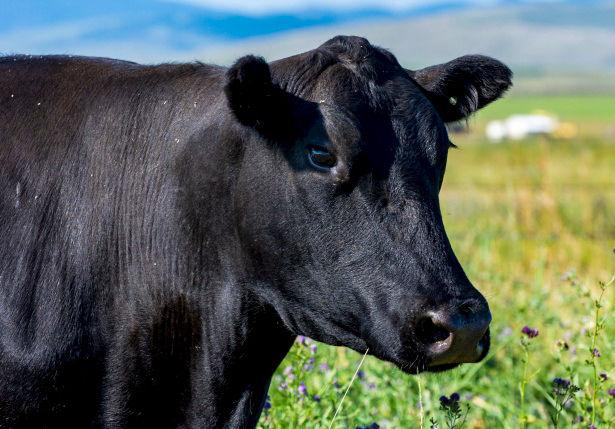Several Texas A&M researchers have been under scrutiny for an apparent conflict of interest in a study on the effects of consuming red and processed meat.
The study, published by the Annals of Internal Medicine, received criticism from some Harvard professors because of Professor Bradley Johnston’s other affiliations. Johnston, who is connected to the Texas A&M AgriLife Extension program, contributed to the red and processed meat research while also receiving funding for another, separate study.
Texas A&M Chancellor John Sharp wrote a letter to Harvard University President Lawrence S. Bacow discussing the True Health Initiative, an organization that spreads news on preventable diseases. Sharp urged Bacow to investigate faculty from Harvard’s School of Public Health, including Dr. Walter Willett and Dr. Frank Hu.
“Their actions, as described in a recent JAMA article, are unethical, distort the results of important scientific research, and, in our opinion, are false and harmful to Texas A&M University and its faculty,” Sharp said.
Sharp attached an illustration that Dr. Willet presented at a cardiology conference, depicting a disinformation triangle and linked A&M’s relationship with beef with the idea that they influenced “evidenced based” academics.
“JAMA found that THI and several of its council members, including Harvard faculty Dr. Willett and Dr. Hu, mischaracterized scientific research and falsely accused Texas A&M scientists of selling out to industry interests,” Sharp said. “According to JAMA, THI not only broke journal embargo policy but apparently used automated bots to flood the email inbox of the Editor in Chief of the Annals of Internal Medicine.”
A letter to the American College of Physicians (ACP) Board of Regents signed by public health and nutrition experts, including Dr. Willet, called for an investigation into the study for scientific misconduct and a violation of the ACP Ethics Manual.
“We are writing to the Board of Regents, rather than to the Annals, because (1) the case has achieved worldwide notoriety, (2) it has created enormous challenges for practicing physicians seeking to protect patients’ health, (3) it reflects a repeating pattern of behavior at the Annals, as described below, and (4) the Annals editorial process in this case merits an examination,” the letter said.
The Annals of Internal Medicine asked the authors to disclose interactions with any entities that could be considered broadly relevant to the work, said Neal D. Barnard, president of the Physicians Committee for Responsible Medicine, who also signed the letter along with Willet that was sent to the ACP.
“The Annals has a disclosure form that the authors have to sign,” Barnard said. “Patrick Stover signed it and so did Brad Johnston.”
The journal is being criticized by organizations for not insisting on transparency and failing to disclose Stover and Johnston’s ties to work outside the study, Barnard said.
“When the work was being done, Patrick Stover was overseeing Texas A&M’s AgriLife operation, which as you know is a multi-million dollar operation that involves substantial research, promotion and marketing for red and processed meat,” Barnard said.
According to Barnard, there is a direct conflict of interest for Stover and Johnston, but that does not mean they cannot publish their research.
“Bradley Johnston was negotiating for 170,000 position with AgriLife, which he did secure before he signed the conflict of interest form,” Barnard said. “A reasonable reader would assume that AgriLife is an entity that considered broadly relevant to the work and these were in fact interactions with that entity and so they should have been disclosed.”
Stover, vice chancellor and dean of Texas A&M AgriLife, said A&M upholds itself to high standards of research and scientific ethics.
“We believe we need better evidence for diet-related decision making,” Stover said. “It’s time to hold nutrition and agriculture to the highest scientific standards; public health depends on it.”
Sharp writes letter to Harvard president about meat study controversy
January 23, 2020
Photo by Creative Commons
Angus Cow
0
Donate to The Battalion
$2790
$5000
Contributed
Our Goal
Your donation will support the student journalists of Texas A&M University - College Station. Your contribution will allow us to purchase equipment and cover our annual website hosting costs, in addition to paying freelance staffers for their work, travel costs for coverage and more!
More to Discover










